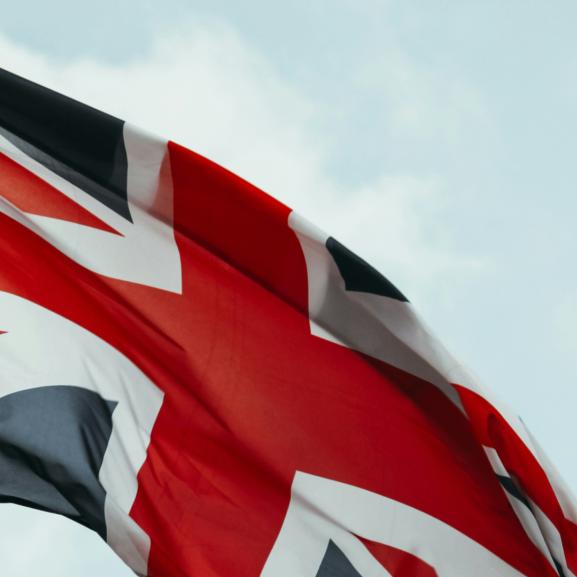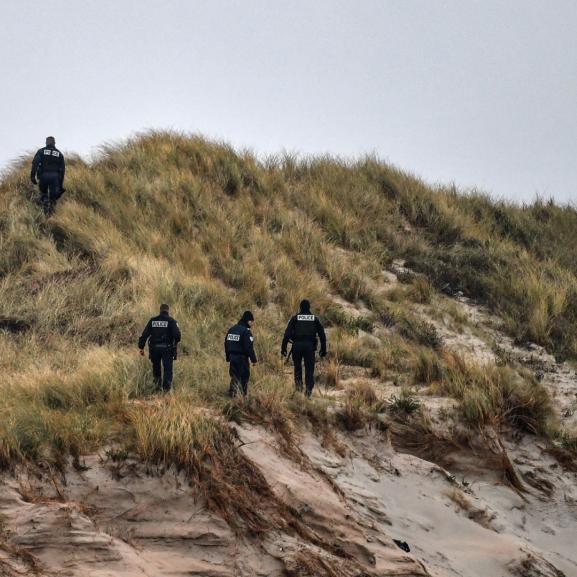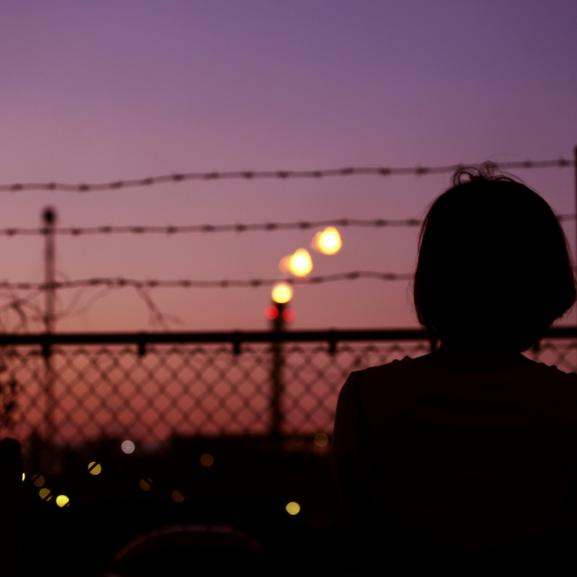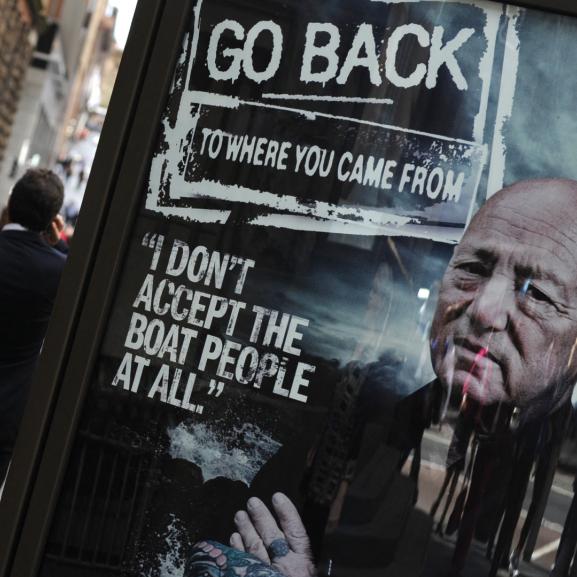Finding allies at party conferences
Director of Policy and Advocacy, Steve Crawshaw, reports back on musings from Labour party conference and the need to change the mindset of how we think of immigration.
Blog by Steve Crawshaw, Director of Policy and Advocacy
Party conferences sometimes feel like a vast political circus – all show, and little action.
At Freedom from Torture, it is crucial that we hold politicians to account, pressure them to ensure rights of torture survivors are upheld and challenge policies that cause survivors harm. In the current climate, we could not do this without the allies on all sides of the House of Commons. So, this week, I went to the circus and made my first of two conference visits at Labour’s in Liverpool.
I spoke to Kate Green, co-chair of the All-Party Parliamentary Group on migration, she believed, that in addition to the more headline-grabbing topics, the “hostile environment” was a key concern. Certainly, there were many powerful speeches at a series of packed fringe events on that subject, organised by the human rights group Liberty and others.
Successive governments have created a variety of challenges for refugees who have survived torture in the UK. In 2010, then Home Secretary, Theresa May, was notoriously responsible for the boast that she would create a “really hostile environment” for those arriving on British shores. Much else has flowed from that. But, as notable MPs in Liverpool acknowledged, the blame for the hostile environment policy does not solely lie with one political party.
Freedom from Torture’s biggest challenge is the current mindset on immigration. This includes a Home Office culture of disbelief and an ever-rising evidential bar to anyone trying to prove they have the right to be in this country.
Sajid Javid, appointed as Home Secretary in April of this year, was quick to condemn the mindset that led to the Windrush scandal, adamantly stating that what happened to the Windrush generation should never happen to anyone. But that’s the trouble; Freedom from Torture knows that similar things are happening – to the most vulnerable people who have fled torture - every day.
As we documented in our Proving Torture report, torture survivors are regularly accused of lying about their own life stories – even when their accounts are backed up by expert medical evidence as provided by Freedom from Torture’s professionals. Rather than securing the protection they deserve, they’re often denied asylum and go through a lengthy appeals process where that decision is overturned. Not only that, but a number end up in immigration detention. All this contributes to re-traumatisation and a lack of faith in the system.
The government must acknowledge that the problems that led to Windrush are systemic, and must be rectified across the board. In order to address problems like these, we need parliamentary allies on all sides of the House to speak up and we’re heartened to see many do just that.
At Freedom from Torture this week, we were delighted by a visit from Thangam Debbonaire, Labour MP for Bristol West and chair of the All-Party Parliamentary Group on Refugees, who met with the Survivors Speak OUT network – a group of torture survivors who demand (and achieve) change on a range of issues. She had been among a gratifyingly large group who attended a parliamentary event marking the tenth anniversary of Survivors Speak OUT earlier this year. That event was hosted by Dominic Grieve, Conservative MP for Beaconsfield, former Attorney-General and a supporter of Freedom from Torture and attended from a whole heap of politicians from across the spectrum, including Crispin Blunt MP (Con), David Amess MP (Con), Jim Shannon MP (DUP) and Stewart McDonald (SNP).
There are many reasons to feel pessimistic about the possibilities of change, but it’s important that we don’t let cynicism derail precious progress. With every petition, every conversation with MPs and government ministers, and every successful campaign, we are reminded that change is achievable.
Only last year, Freedom from Torture persuaded numerous MPs to write to Yvette Cooper, Chair of the Home Affairs Committee, for an inquiry into the Home Office’s mistreatment of medical evidence of torture. It was enough to convince Cooper to visit the charity’s London centre and meet with survivors of torture and listen to the issues affecting them.
The importance of the first step should never be downplayed.
With the commitment of MPs who show moral backbone on basic human rights issues, good policies can change the lives of the most vulnerable who we see walk through the doors of Freedom from Torture. I look forward to catching up with more next week when the Conservatives have their turn.






